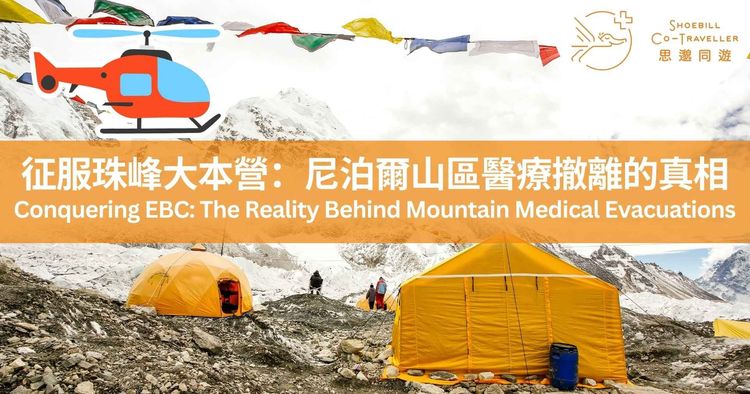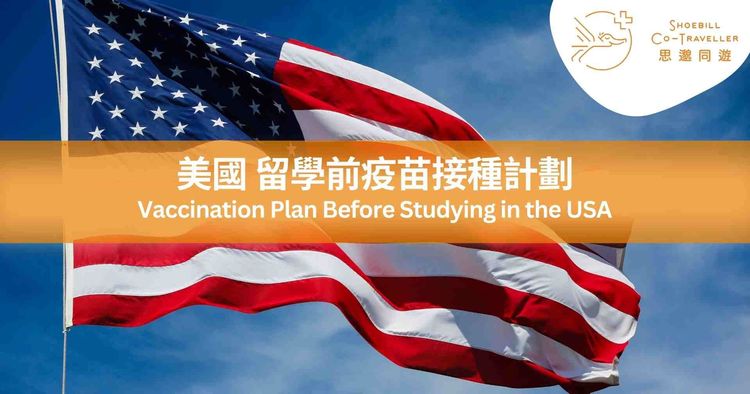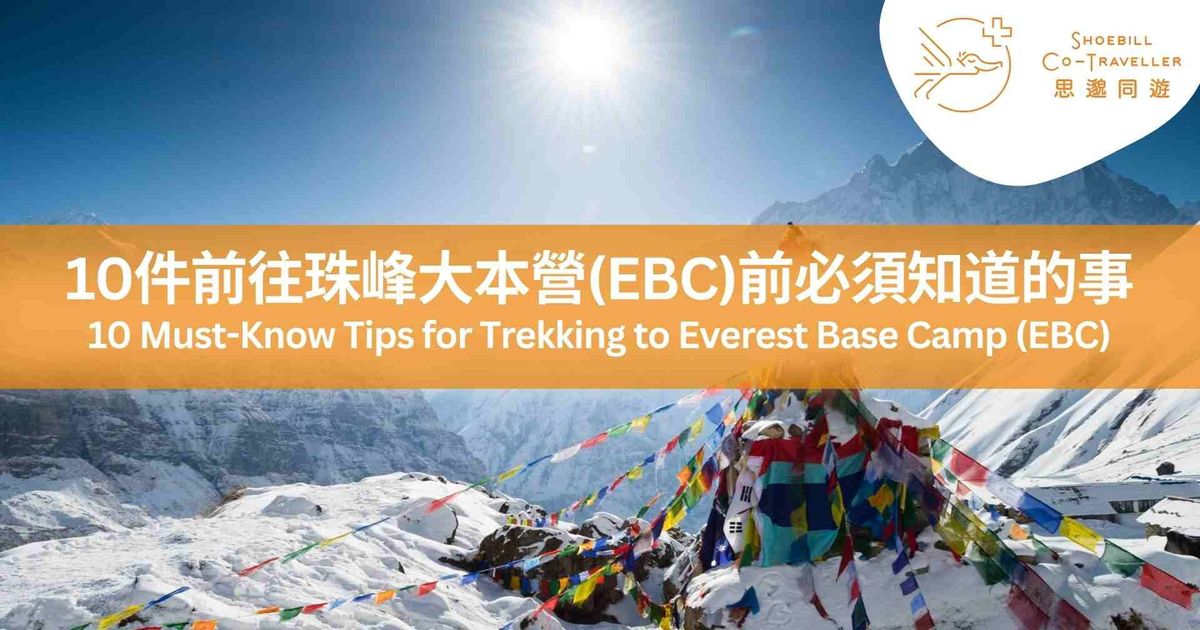
In March 2024, Shoebill Health's 8-person team successfully completed the Everest Base Camp (EBC) trek.
This journey was physically and mentally the most challenging experience we've ever undertaken, yet it was also the most rewarding and soul-stirring adventure of our lives.
Whenever someone asks us, "How was the trip?" it's hard to put the experience into words—it's something we wish everyone could experience at least once. If you've been dreaming about this trek but keep talking yourself out of it, our advice is simple: Stop overthinking and start planning.
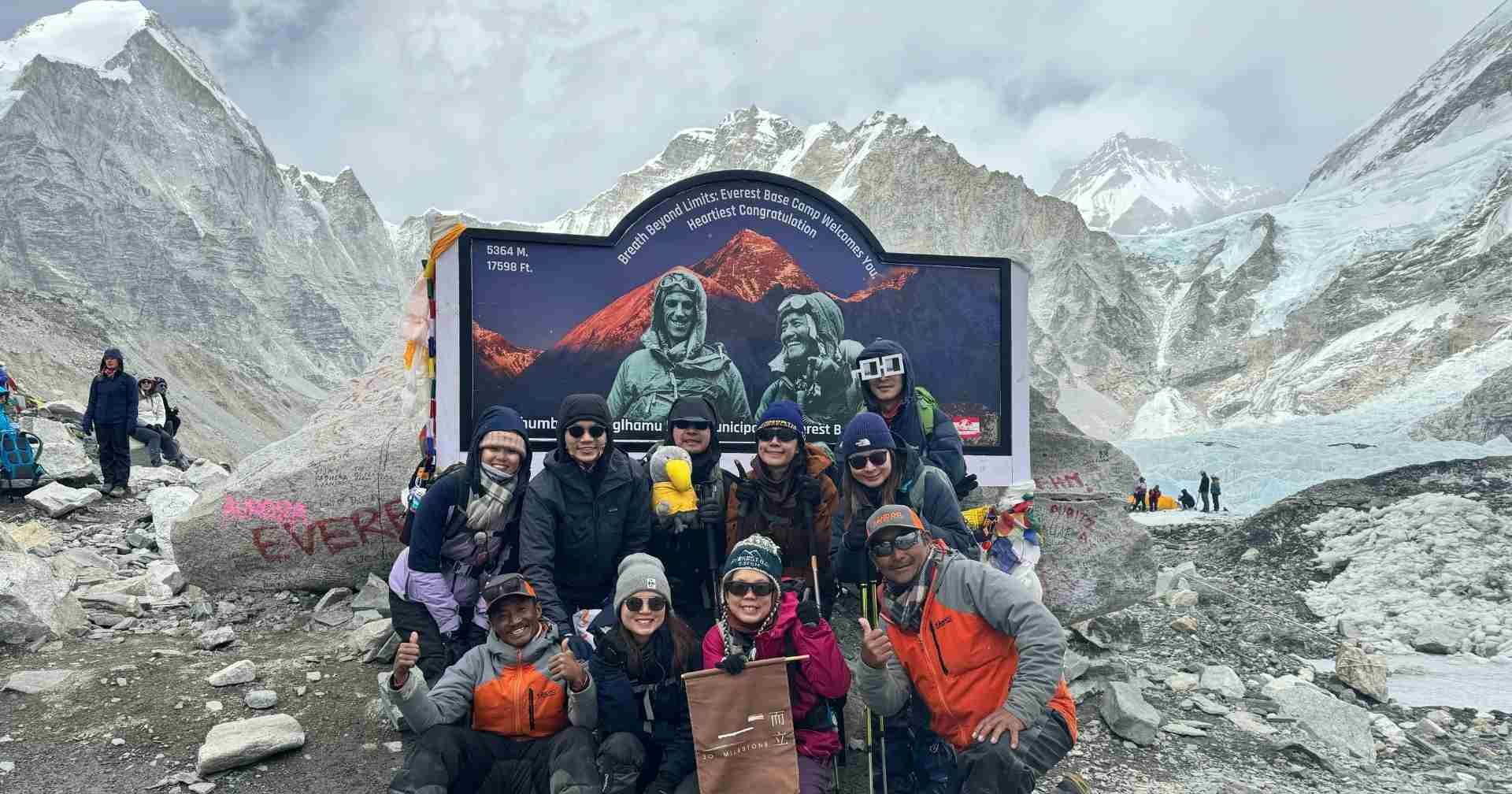
The Ultimate EBC Trekking Guide
The best time to trek to EBC is from** April to May** and September to November, when the weather is stable and visibility is high. However, at an altitude of 5,364 meters, thorough preparation is essential for a safe and successful journey. Here are 10 critical tips covering health, gear, and logistics to help you conquer this once-in-a-lifetime adventure.
1. Understand Altitude Sickness Risks & Prevention
EBC’s high elevation makes Acute Mountain Sickness (AMS) the biggest threat. Symptoms include headaches, nausea, dizziness, and in severe cases, pulmonary or cerebral edema.
✅ Ascend gradually – Limit daily elevation gain to 500m max
✅ Take Diamox – Consult a travel health clinic 4 weeks before departure
- How it helps: Speeds up altitude acclimatization
- Where to buy: Travel health clinics (Note: Specific vaccinations is also recommended when travelling to Nepal —details in a separate guide)
✅ Rest & hydrate – Avoid alcohol and intense exercise ⚠️ Warning: Never buy "altitude meds" in Nepal—they may contain steroids or be expired!
For an in-depth guide on AMS, check out our dedicated article.
2. Best Time to Trek
| Season | Day Temp | Night Temp | Pros | Cons |
|---|---|---|---|---|
| Spring (Apr-May) | 10-15°C | -5°C | Clear skies, rhododendrons in bloom | Crowded trails |
| Spring (Apr-May) | 8-12°C | -10°C | Stable weather, best views | Freezing nights |
| Winter (Dec-Feb) | -5°C | -25°C | Fewer people, snowscapes | Some teahouses closed |
3. Food Safety on the Trail
Teahouses serve Nepali staples—here’s what to eat (and avoid):
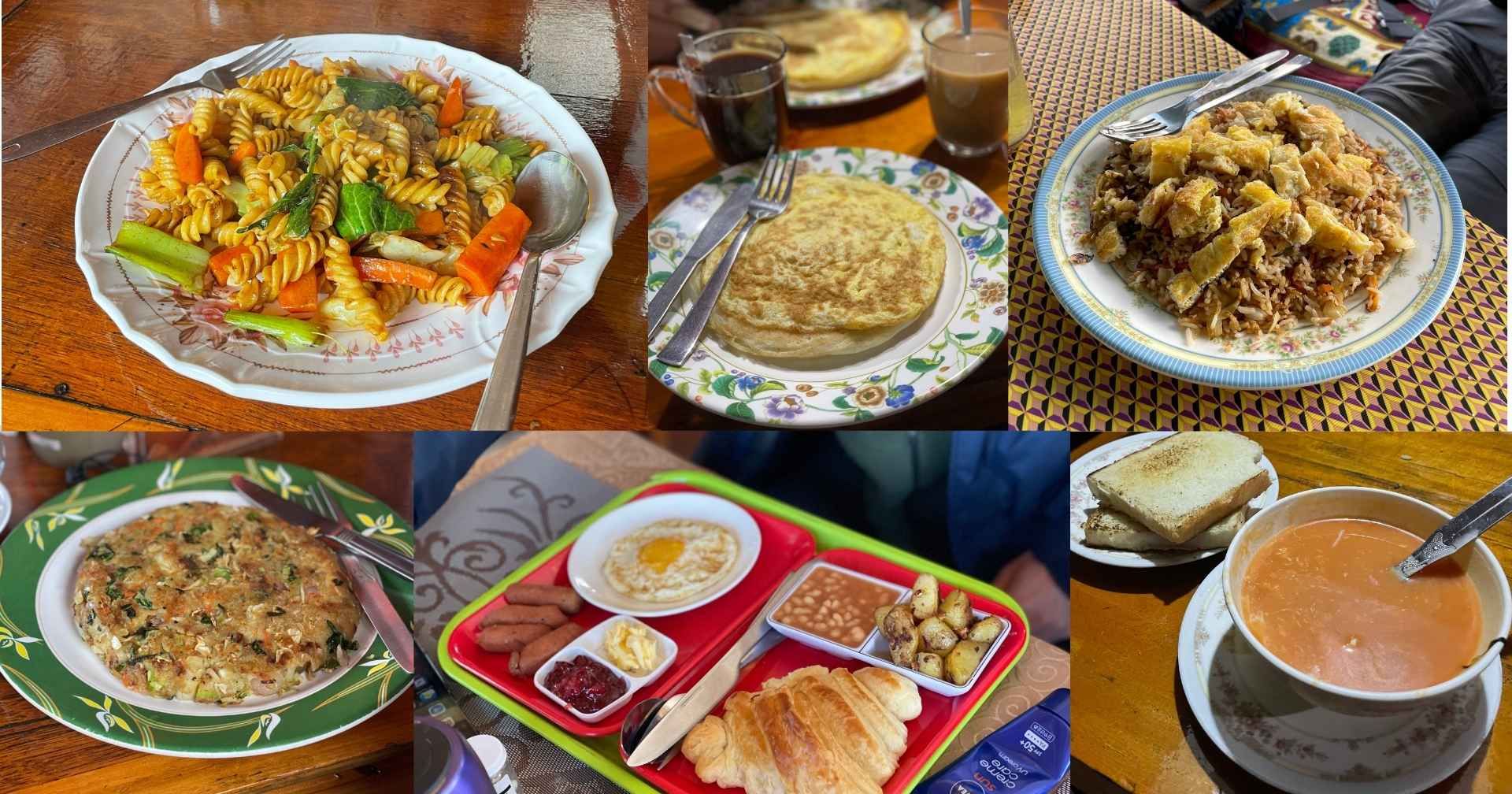
✅ Safe picks:
- Dal Bhat (lentil curry with rice)—nutritious, unlimited refills!
- Veggie curries & noodles—root veggies (potatoes, carrots) stay fresher longer
- Garlic soup—locals swear it helps with altitude sickness. Our team found it soothing, especially after vomiting (rehydrates + eases nausea).
❌ Risky foods:
- Yak steak/Shepherd’s stew—meat freshness is dubious at high altitudes
- Undercooked dishes—stick to piping-hot meals
💡 Pro tips:
- Pack energy snacks (nuts, candy bars)
- Drink 4L+ fluids daily (tea/boiled water)
4. Fitness Training Plan
Prep 3 months ahead:
- 🏋️ Load training: Hike with an 8-10kg pack
- 🚶 Endurance: Practice long routes (e.g., MacLehose Trail Stage 3-8)
- 💪 Cardio: Run/swim to boost stamina
5. Essential Gear Checklist
- Clothing: Down jacket, windproof pants, Merino wool base layers
- Footwear: Broken-in waterproof boots
- Sleeping bag: Rated for -10°C
- Sunglasses: UV protection is critical
- Gloves: Insulated + thin pairs for dexterity
Layering system:
- Base: Merino wool
- Mid-layer: Primaloft jacket
- Shell: Gore-Tex outerwear
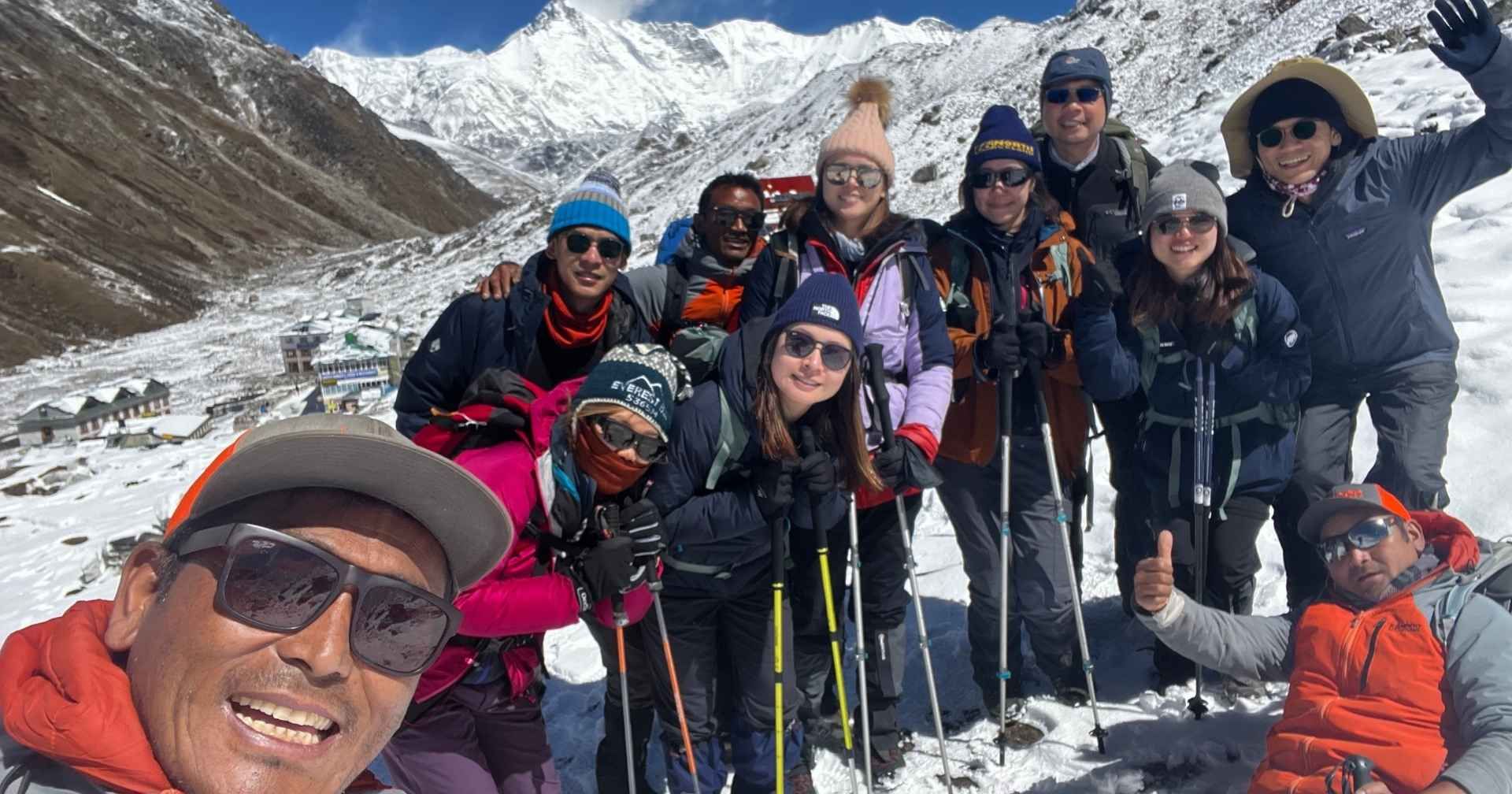
6. Budget Breakdown
- Flights: HKD 5,000–8,000 (HK ↔ Kathmandu)
- Visa: USD 50
- Guided tours: ~HKD 12,000–16,000
- Food/lodging: USD 10–20/meal (prices ↑ with altitude)
- WiFi/showers: USD 10/day
- Gear: HKD 3,000–8,000
💵 Money tips:
- Carry USD cash (small bills—large denominations are hard to break)
- Exchange USD→NPR in Kathmandu’s Thamel or Namche Bazaar
7. Travel Insurance
Standard policies exclude altitudes >4,000m—get specialized high-altitude coverage.
8. Connectivity
- WiFi: Paid at teahouses (~USD 5/day)
- SIM: Buy Ncell/Nepal Telecom in Sham Shui Po or Kathmandu airport
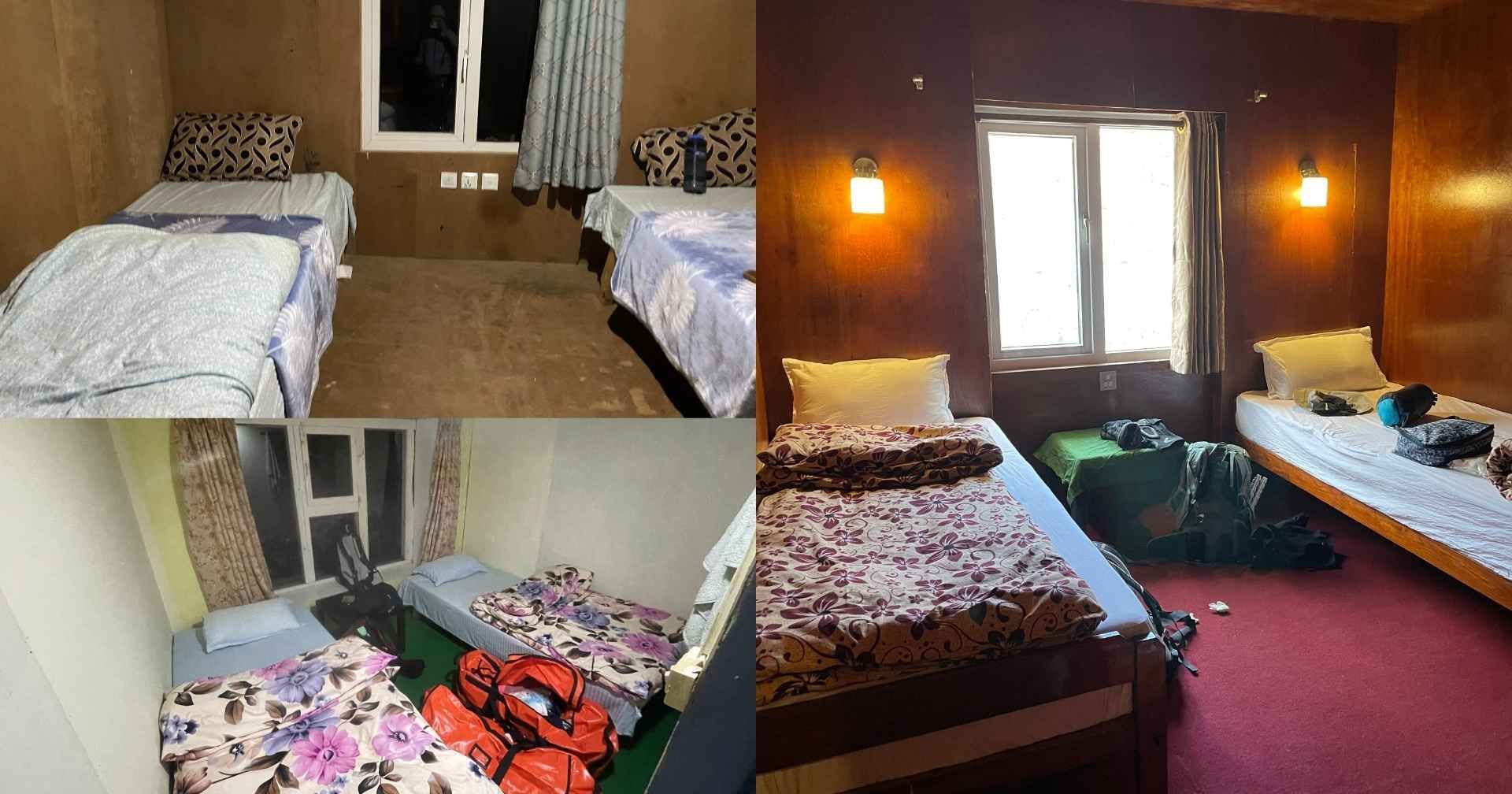
9. Cultural Etiquette
- Walk clockwise around stupas/prayer flags
- Tip guides/porters USD 5–10/day
- Greet with "Namaste" (nah-mah-stay)
- Avoid single-use plastics—bring a reusable bottle
10. Emergency Prep
- Helicopter rescue: USD 5,000–10,000 (for severe AMS) Want to learn more? Check out our dedicated article Conquering Everest Base Camp: The Reality Behind Mountain Medical Evacuations.
- Buffer days: Add 2–3 extra days for weather/health delays
Final Words: Turn Your Dream into Reality
Trekking to EBC is a dream for many. As Hong Kong’s first travel health medical team who’ve conquered this trail, we’ve compiled every critical detail—from altitude sickness prevention to cultural know-how—so you’re fully prepared.
If you’re planning your adventure, our medical team offers personalized consultations, including pre-trip health assessments, to ensure you trek confidently and safely.
Stop dreaming—start packing! The Himalayas are calling. 🏔️

